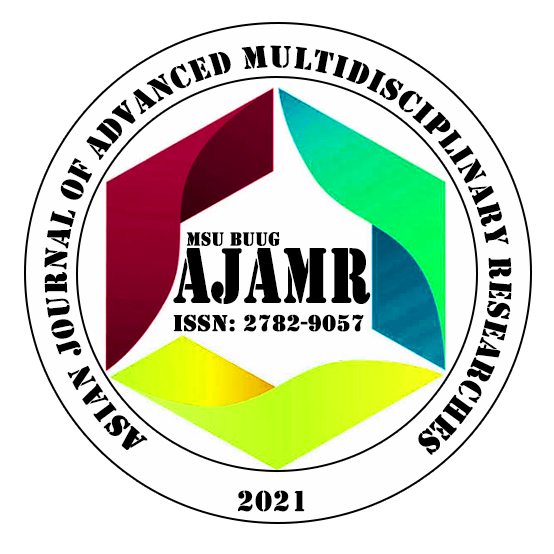

Author: Irene A. Detuyatu
Doctor of Philosophy, Graduate Studies, Universidad de Zamboanga, Zamboanga City, Philippines
Email: irene.detuyatu01@deped.gov.ph
ABSTRACT
This study investigates the pandemic-related experiences of the Science teachers in Sangali District of Quadrant 2.1, Zamboanga City. They
have discussed their personal experiences with the following issues/problems: first, how do they evaluate the effectiveness of organizational
commitment and work-life balance? Second, how do they define the quality of work-life balance and organizational commitment in terms of:
a) satisfaction with family and self; b) role overload; c) awareness of work-life balance; d) job satisfaction and environment; e) appreciation of
work; third, how do they identify various methods for maintaining the quality of work-life balance and organizational commitment; and fourth,
how do they determine the significance of quality work-life balance? It utilized qualitative design specifically phenomenological study among
the seven Science teachers. Findings revealed that: (a) the quality of work-life balance and organizational commitment of the participants
subjectively during the pandemic were tolerable; (b) they were satisfied with family and self, job satisfaction, environment, and appreciation
of work, aware of work-life balance and confirmation of role overload; (c) they were able to maintain the quality of work-life balance and
organizational commitment amidst pandemic using time management and prioritizing the task and majority of them prefer either the skeletal
workforce alone or a combination of both since they can save on fares and are more flexible and advantageous to them; and (d) they prepared
and reproduce of modules, LDMs and monitoring during the pandemic.
Keywords: work-life balance, organizational commitment, alternative work arrangement